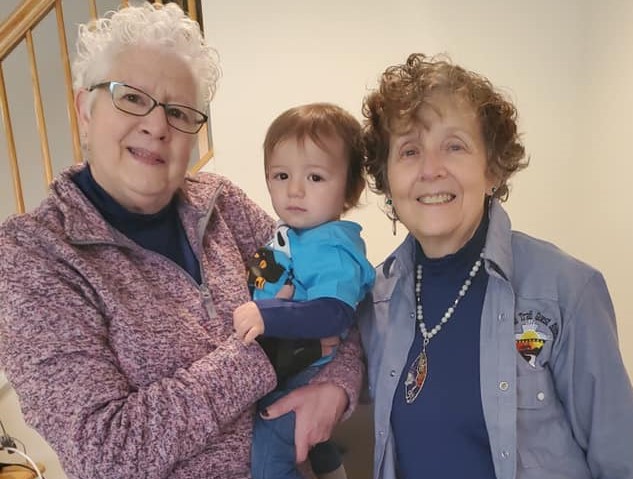The Ongoing Battle for Marriage Equality: Understanding the Reasons and Methods Behind its Continuation
Marriage equality has been a contentious issue for decades, with advocates fighting for the recognition of same-sex marriages and equal rights for all couples. Despite significant progress in recent years, the battle for marriage equality continues to be fought in many parts of the world, including the United States. This article aims to shed light on the reasons behind the ongoing struggle and the methods employed by activists to achieve their goals.
One of the primary reasons for the continuation of the fight for marriage equality is the persistent presence of discrimination and prejudice against LGBTQ+ individuals. Despite significant gains in public opinion and legal recognition, many people still hold onto deeply ingrained biases and beliefs that hinder progress towards full equality. These discriminatory attitudes manifest in various ways, including opposition to same-sex marriage.
Religious beliefs often play a significant role in the resistance to marriage equality. Some religious institutions view marriage as a sacred union between a man and a woman, and they argue that allowing same-sex couples to marry would undermine their religious freedom. This clash between religious freedom and LGBTQ+ rights has fueled ongoing debates and legal battles.
Another reason for the continuation of the fight is the lack of comprehensive legal protections for LGBTQ+ individuals. While many countries have legalized same-sex marriage, there are still numerous jurisdictions where LGBTQ+ couples face legal barriers and discrimination. In some cases, same-sex couples are denied access to spousal benefits, adoption rights, and other legal protections afforded to heterosexual couples.
To combat these challenges, activists employ various methods to advocate for marriage equality. One of the most effective strategies has been raising awareness and changing public opinion through education and personal stories. LGBTQ+ individuals and their allies have shared their experiences, highlighting the importance of equal rights and dispelling misconceptions about same-sex relationships.
Legal challenges have also played a crucial role in advancing marriage equality. Activists have filed lawsuits challenging discriminatory laws and seeking equal treatment under the law. These legal battles have led to landmark court decisions, such as the 2015 U.S. Supreme Court ruling in Obergefell v. Hodges, which legalized same-sex marriage nationwide. Similar legal victories have been achieved in other countries, setting important precedents for future cases.
Furthermore, grassroots activism and community organizing have been instrumental in the ongoing fight for marriage equality. LGBTQ+ organizations and advocacy groups have mobilized supporters, organized protests, and lobbied lawmakers to push for legislative change. These collective efforts have helped to build momentum and create a sense of urgency around the issue.
Despite significant progress, the battle for marriage equality is far from over. Challenges remain, particularly in countries where LGBTQ+ rights are still heavily contested. Continued advocacy, education, and legal action are necessary to ensure that all couples, regardless of their sexual orientation or gender identity, have the right to marry and enjoy the same legal protections and benefits as their heterosexual counterparts.
In conclusion, the ongoing battle for marriage equality persists due to persistent discrimination, religious opposition, and legal barriers faced by LGBTQ+ individuals. Activists employ various methods, including raising awareness, legal challenges, and grassroots activism, to advocate for equal rights. While progress has been made, it is essential to continue fighting until marriage equality is achieved worldwide.




